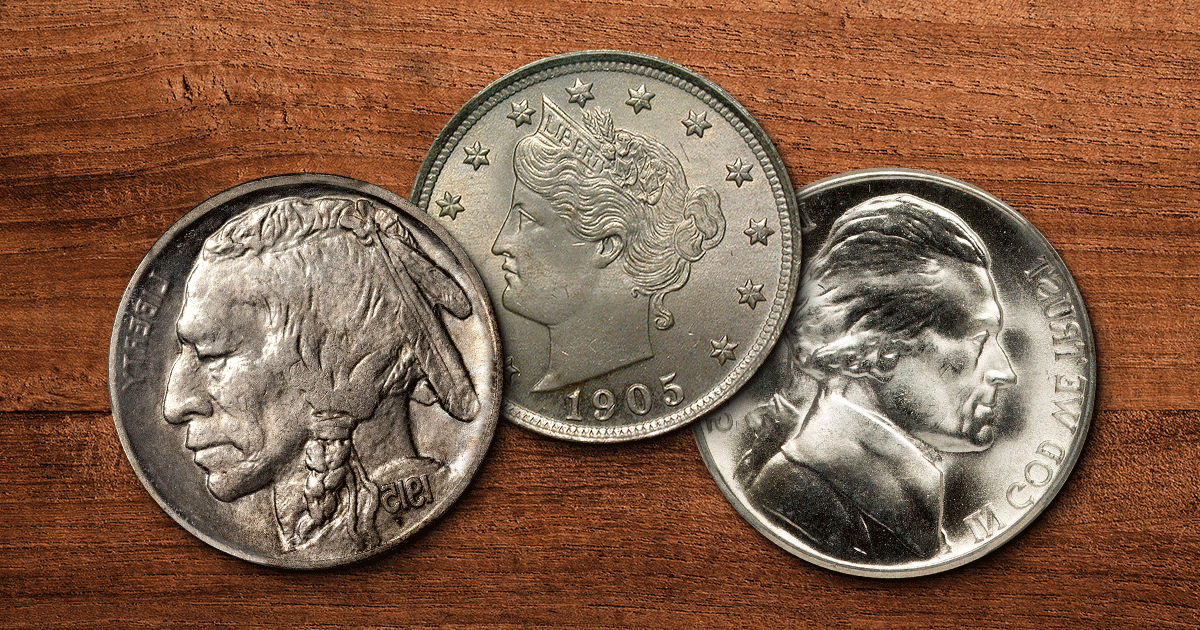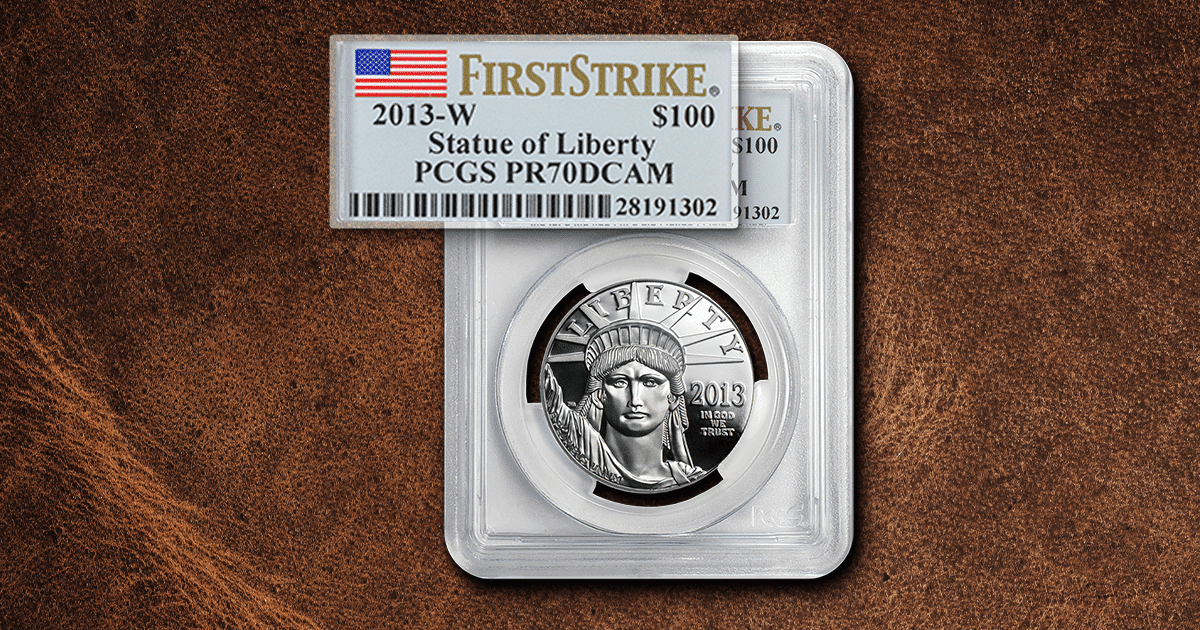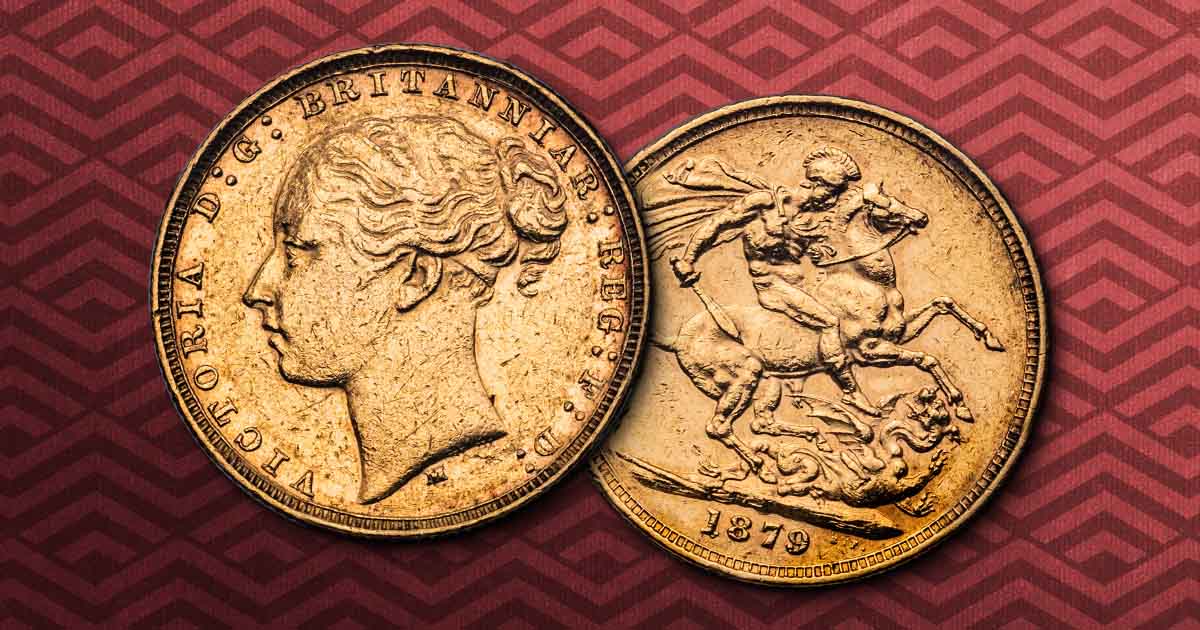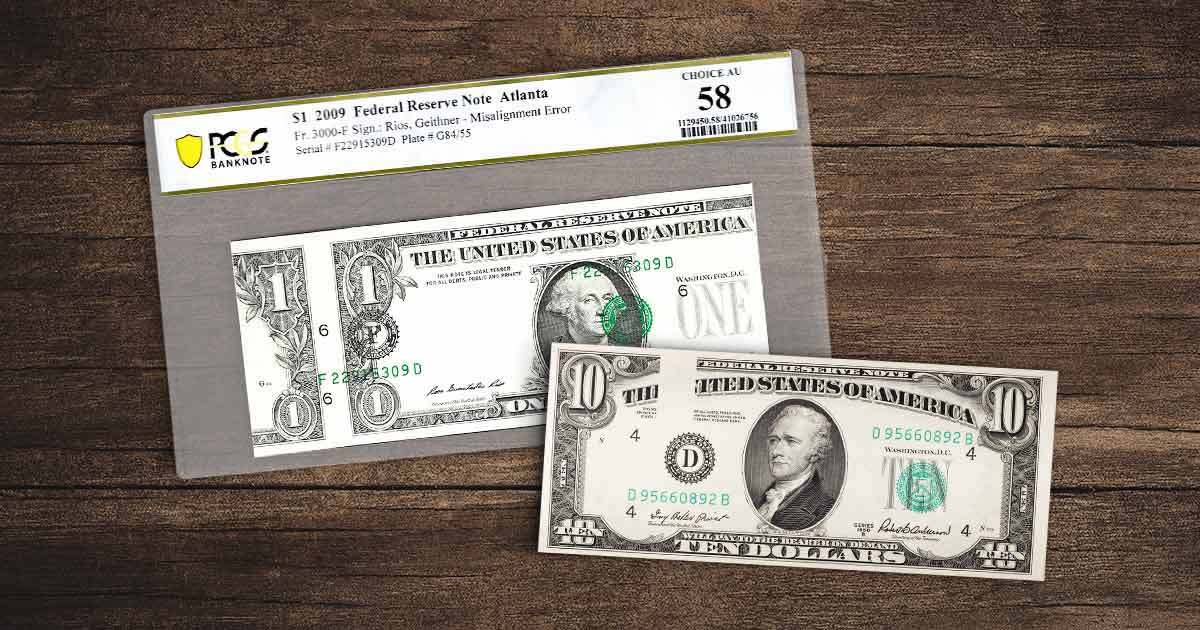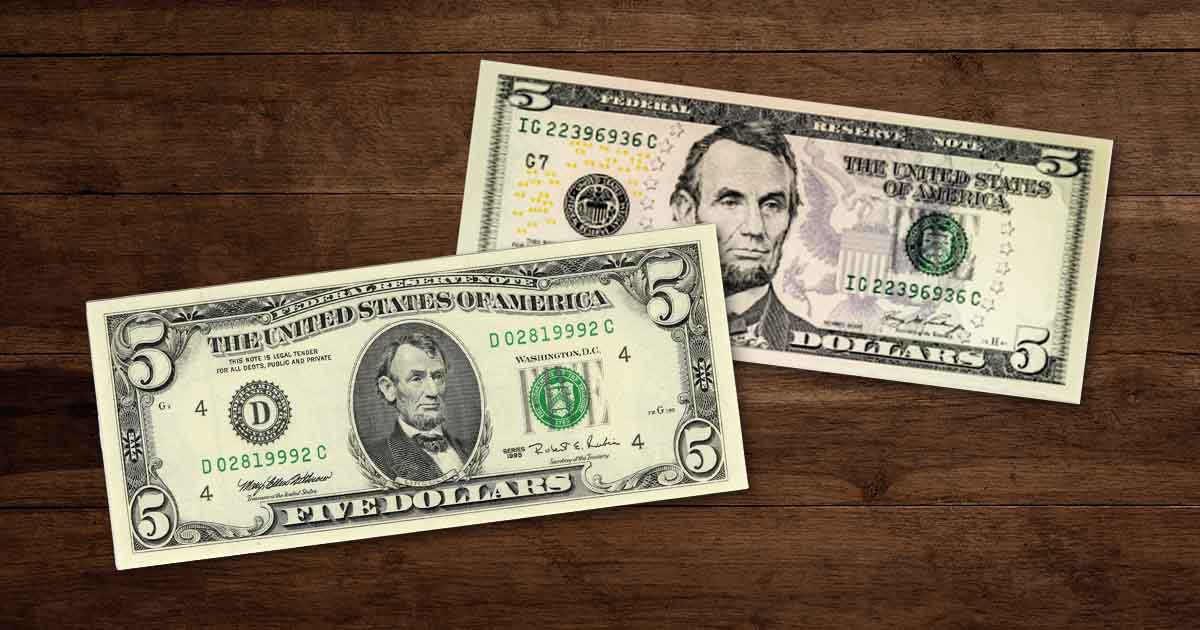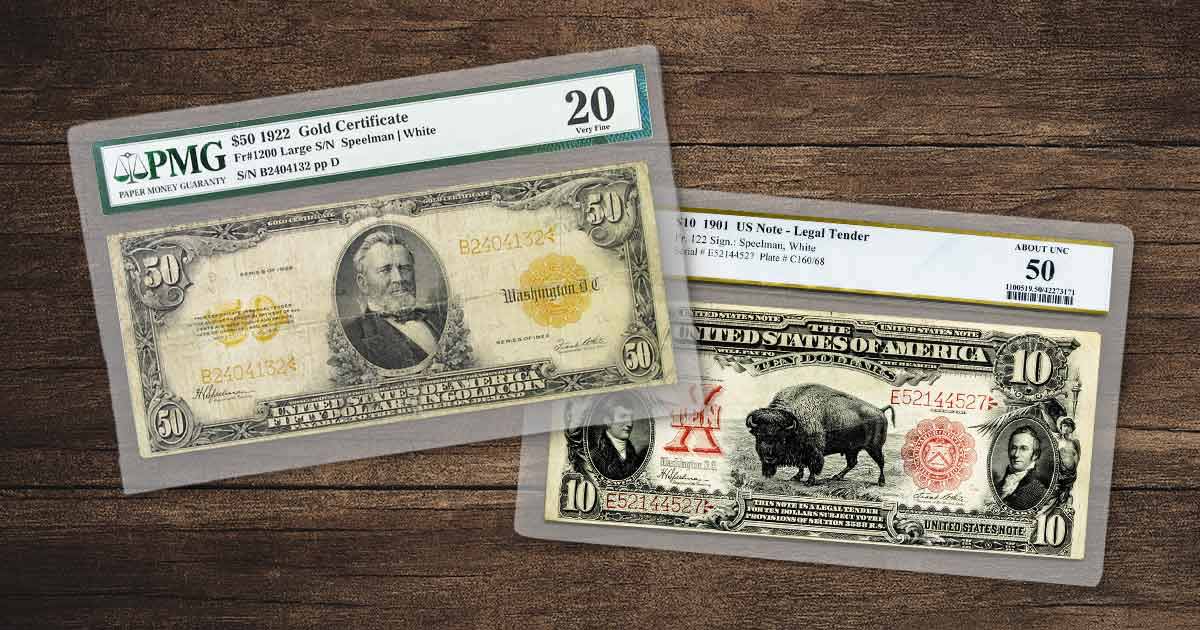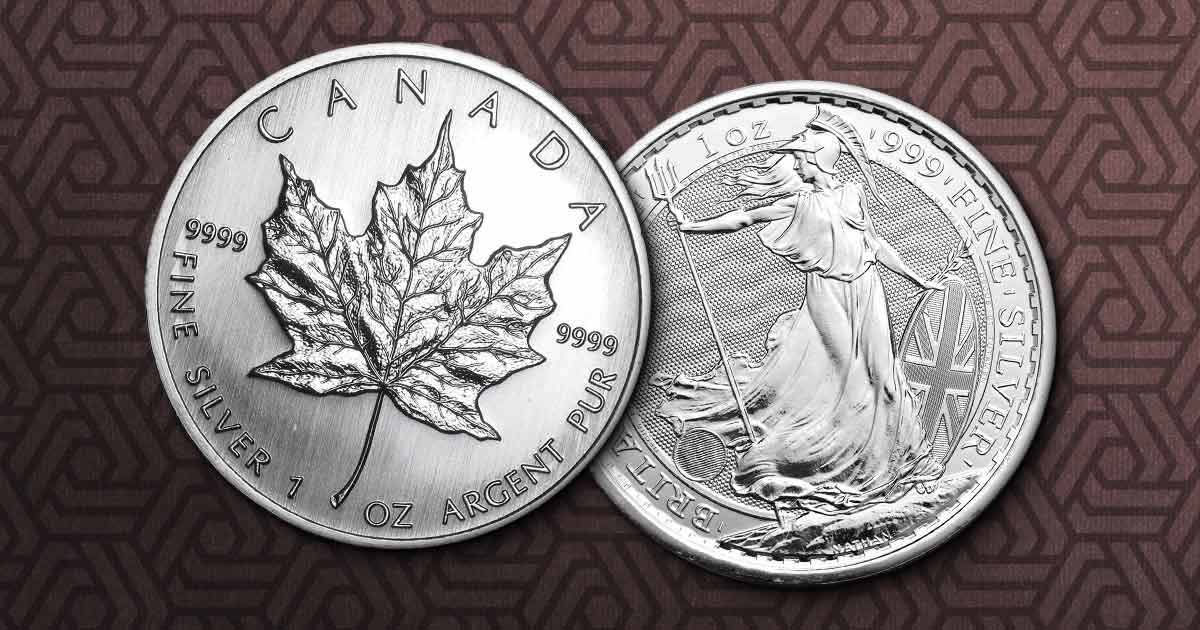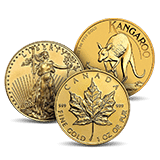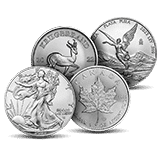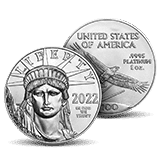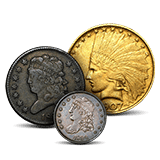Ask Us Anything About Gold or Silver
What is gold's all-time high? What is bullion? How do I sell my silver?
Our Latest Answers
New to Metals? Get Started Here:
Step 1:
If you are concerned about the volatility of the stock market, you’re not alone. The extreme highs and lows of the stock market often lead investors…
Step 2:
A common question asked when buying gold or silver is, “How much should I have”? And there is a complex answer that is very personal for each person or family putting resources into gold and silver. Many factors play into the decision to own precious metals, and there may be multiple goals for the metals to achieve.
Step 3:
In a world of economic uncertainties and volatile markets, investors seek stability and security in their portfolios. Precious metals like gold and silver have stood the test of time as reliable assets that hedge against inflation and economic downturns.
Step 4:
When is the best time to buy precious metals? This is a conundrum that investors strive to decipher. Is there a better month to buy gold? Or quarter or a season? Should I buy during economic strife or when the market is booming? Should I try to time the market or stick to a dollar-cost-averaging strategy? And what about silver?
Now on APMEX
Essential Guides
What is Bullion?
Gold, Silver, Platinum, and Palladium all come in various forms and sizes to create a variety of options for investors and collectors.
Sell to Us
APMEX buys a broad assortment of products with quick payments and easy shipping.
Investing in Precious Metals
It’s important to know how much of any type of investment should go into your portfolio.
The Best Way to Buy Gold
Learn the best ways to buy Gold for sale and how to make the right choice for your investments or collection.
Get the Most for Your Money While Buying
When buying Precious Metals, there are ways to potentially stretch your investment dollar and get the most out of your money.
Coin Collecting
When starting or growing a coin collection, there are a variety of options from numismatic bullion to unique collectibles.
Latest News & Information
Security For You and Your Investments
Citadel Global Depository Services, Inc.
Protect your investments with a leading security company that offers secure storage
Precious
Metals IRAs
Protect your investments with a leading security company that offers secure storage


